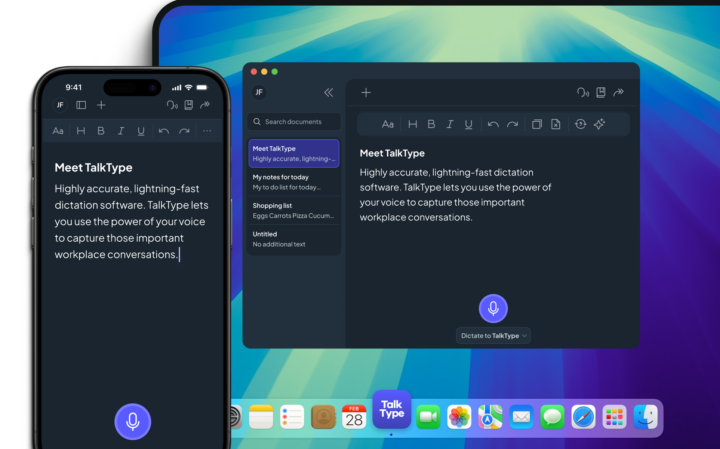Is a Support Worker the Same as a Carer or Health Care Assistant?
Although the terms “support worker”, “carer”, and “health care assistant” are sometimes used interchangeably, there are some subtle differences between them. Here’s how the roles differ:
Carer: Also referred to as a “care assistant” or “care worker”, a carer focuses on personal care, such as washing, dressing, and helping with meals. This usually takes place in a person’s home or in residential care settings.
Health Care Assistant (HCA): HCAs generally work in clinical or medical environments, like hospitals or GP surgeries. They support nurses and other professionals by carrying out basic medical tasks, such as taking vital signs, assisting with mobility, and helping with hygiene under supervision.
Support Worker: A support worker tends to take on a broader, more holistic role. They help people to develop life skills, build confidence, and live as independently as possible. This includes providing emotional support, helping with routines, managing appointments, and enabling access to community services.
The common thread that ties all of these roles together is helping others in need. And while they all come with slightly different responsibilities, they share the same fundamental goal – improving a person’s quality of life.





